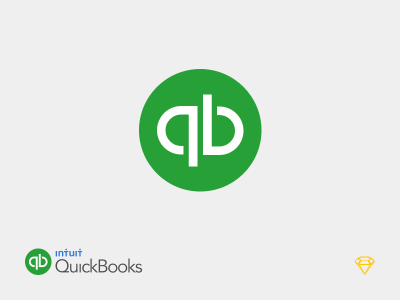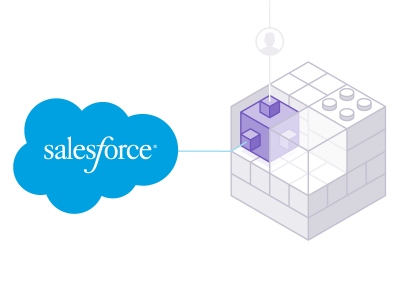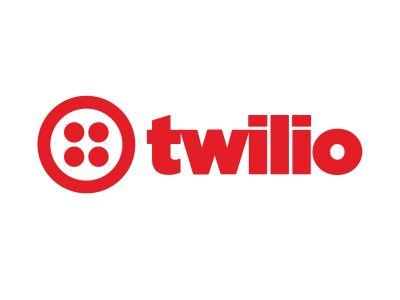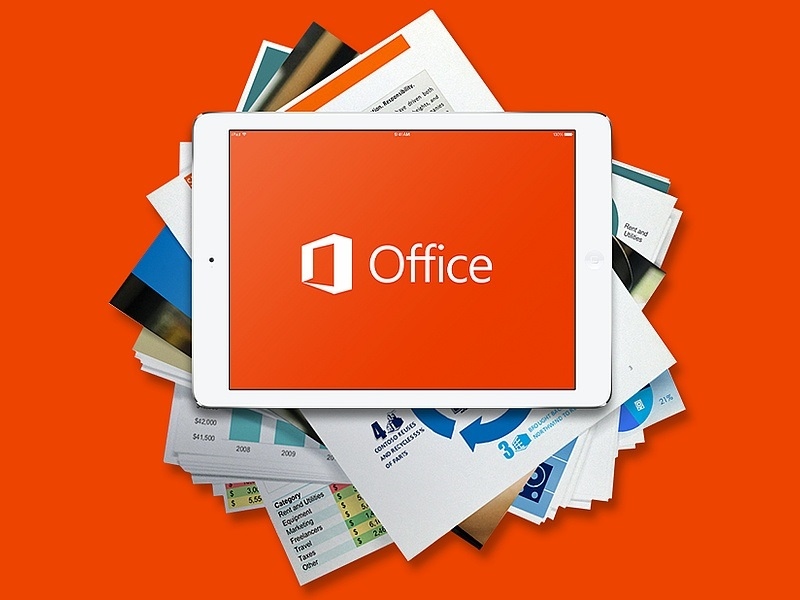The average professional spends around nine hours a day in the office, five times a week, working in front of a computer. If you add it up, you’ll get a total of around 2,000 hours in a year. Therefore, it’s not surprising to see how the regular worker can get an elevated blood pressure while using a computer program, or get frustrated with an app on a laptop or PC. (Let’s not even get to mobile gadgets and other peripheral devices like conference phones.)
Actually, the annoyances that employees have to deal with daily often involve software – a constantly crashing Microsoft Excel, a sluggish Google Drive, or a buggy Skype app that just wouldn’t let them log in and connect even when they’re online. People put up with these problems because they couldn’t find an alternative.
Here’s a little list of the software people love to hate but absolutely have to use at the office. If you’re really struggling with them, you may also want to look at the suggested software or programs offered at the end of each item.

source: https://dribbble.com/shots/1592317-QuickBooks-Logo-Resource >
- QuickBooks
Introduced in 1994, QuickBooks quickly became the most popular accounting software for SMBs. “It gets the job done, but I always feel like I am fighting it to get anything done. Everything has to be done QuickBooks’ way or it doesn’t work properly. if you were not formally trained to use their products, then you are probably using them wrong,” complains one Reddit user.
People also hated how much the developer, Intuit, keeps pushing QuickBooks Online (which is priced higher) instead of the desktop version.
[Alternatives: Xero, Zoho Books, and Wave]

source: https://dribbble.com/shots/1356501-Heroku-Connect-to-Salesforce >
- Salesforce
Salesforce offers a good platform for sales management that forces users into a sales process. It’s fairly inexpensive, open, and most of all, proven. As proof, some developers have stressed out how every project needs to be able to integrate with Salesforce. Every tech product these days has to offer Salesforce integration. Some have even turned this feature into a full-throttle sales pitch.
Nevertheless, people complain about how it can be too complex to the point that they actually need to pay a consultant to be able to set up everything. Some users have also complained about how long it takes the program to complete tasks, or how they need to pay for custom solutions in order to complete roadblocks concerning those tasks.
[Alternatives: Base CRM, SugarCRM, and Nimble]

Also read: Custom Software Development vs Off-the-shelf Services
- Twilio
Twilio has been a darling of Silicon Valley for a few years now. Companies such as Uber use it to power their communications. It’s a developer-friendly solution aimed at small businesses in particular. There’s a huge challenge though, for users. The company’s software-based platform isn’t competitive price-wise.
The money you save on developing your own business solution out of the Twilio sandbox gets spent on standard rates on voice calls, for instance. Smaller companies that don’t get to negotiate per-minute rates with carriers are bound to suffer in the long run, especially when they make a large volume of calls.
[Alternatives: RingCentral, Plivo, or Google Voice]

Source: http://gadgets.ndtv.com/apps/news/microsoft-office-apps-updated-to-support-ios-9-features-741292 >
- Microsoft Office
You would think that after 30 years of crazy computing in the workplace, spreadsheets, word processors, and presentations would be in their most reliable, most inexpensive, and purest forms. When Microsoft introduced the ribbons in Office 2007, it was met with a lot of criticism. Many experts thought the radical change greatly hampered productivity and customizability for end-users. A lot of people, especially the heavy users of previous versions, still shun the fairly new user interface up to this day, due to its supposed inefficiency. After-sales support for this software suite also remains shamefully bad, also pretty much next to non-existent.
[Alternatives: G Suite, LibreOffice, and OpenOffice]
![]()
Source: http://www.newdesignfile.com/post_app-icon-ios-7-music_84581/ >
5.iTunes
While iTunes may not be exactly software specifically targeted towards office workers or an app for business, it’s an essential program for anyone who owns an Apple device and makes app purchases. Remember that premium subscription for a productivity app you only used twice? The one that you tried to cancel and eventually ended up bumming you out because of the error message that went something along the lines of, “Because your subscription is paid through iTunes, you need to contact Apple if you would like to cancel it.”
It’s always been bloated and unstable. Even just as a music player and a media manager, it lacks a lot of the features you’d usually expect from a similar product. But you keep coming back to it anyway because of your earlier music and app purchases. It just feels awful to be trapped in such a rut.
[Alternatives: VLC, Spotify, or Winamp]
If you ever find yourself harboring deep hatred for certain computer programs, don’t feel so left out. As long as they still help you get the job done, you’re probably better off using them.
If you are planning to get a competent software for your business. Hire software developers in India from a top software development company in India, Pixelcrayons, delivering software solutions to startups, digital agencies & enterprises for a variety of business verticals utilizing AI, AR/VR, IoT, BlockChain & Machine Learning concepts.
